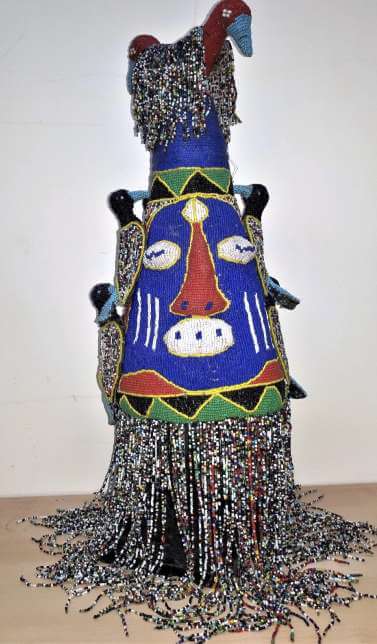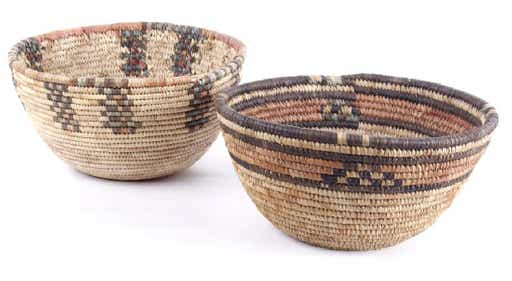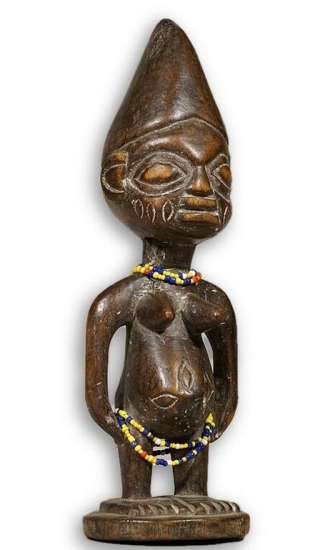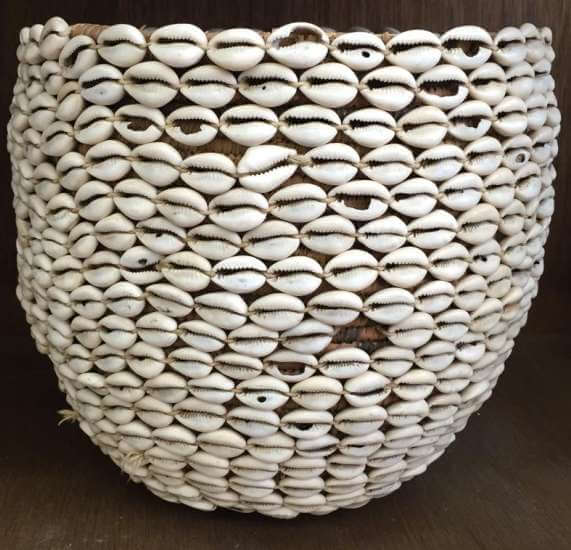Yoruba Tribe

TRIBES PEOPLE GROUPS
The Yorùbá people pronounced Joruba are an African ethnic group that inhabits western Africa. The Yoruba population is around 42 million people in total. with the majority of this population from Nigeria, where the Yorùbá make up 21% of the country's population. They also can be found in some parts of the Benin Republic and Togo. They are one of the largest African ethnic groups south of the Sahara Desert and not a single group, but rather a collection of diverse people bound together by a common language, history, and culture.
There are two major groupings of Yoruba people; the first group is known as recent migrants and they are made up of Yorubas who migrated to the United Kingdom and the United States in the 1960s to 1980s as a result of major economic and political changes. The second group consists of Yorubas who were part of the Atlantic slave trade. 
Yoruba people were heavily traded for salves during the slave trade years and the Yoruba territory was known as the Slave Coast. Uncounted numbers of Yoruba were carried to the Americas. Their descendants preserved Yoruba traditions. In several parts of the Caribbean and South America, Yoruba religion has been combined with Christianity. In 1893, the Yoruba kingdoms in Nigeria became part of the Protectorate of Great Britain. Until 1960 Nigeria was a British colony and the Yoruba were British subjects .
Yoruba mythology holds that all Yoruba people descended from a hero called Odua or Oduduwa. 
According to a Yoruba creation myth, the deities (gods) originally lived in the sky with only water below them. Olorun, the Sky God, gave to Orishala, the God of Whiteness, a chain, a bit of earth in a snail shell, and a five-toed chicken. He told Orishala to go down and create the earth. Orishala approached the gate of heaven. He saw some deities having a party and he stopped to greet them. They offered him palm wine and he drank too much and fell asleep. Odua, his younger brother, saw Orishala sleeping. He took the materials and went to the edge of heaven, accompanied by Chameleon. He let down the chain and they climbed down it.  Odua threw the piece of earth on the water and placed the five-toed chicken upon it. The chicken began to scratch the earth, spreading it in all directions. After Chameleon had tested the firmness of the earth, Odua stepped down.
Odua threw the piece of earth on the water and placed the five-toed chicken upon it. The chicken began to scratch the earth, spreading it in all directions. After Chameleon had tested the firmness of the earth, Odua stepped down.
They believe the Olorun is the father of Orunmila and Obatala. He can be communicated through prayers or by pouring water on kola nuts on the ground. The Yoruba strongly believe every man possesses “Ayanmo” (destiny, fate) and that Olodumare is the principal agent of creation. In addition, they also believe reincarnation within the family which they call ‘Atunwa’.
Most Yoruba men are farmers, growing yams, corn (maize), and millet as staples and plantains, peanuts (groundnuts), beans, and peas as subsidiary crops; cocoa is a major cash crop. Others are traders or craftsmen. Women do little farm work but control much of the complex market system—their status depends more on their own position in the marketplace than on their husbands’ status. The Yoruba have traditionally been among the most skilled and productive craftsmen of Africa. They worked at such trades as blacksmithing, weaving, leather working, glass-making, and ivory and wood carving. Yoruba women engage in cotton spinning, basketry, and dyeing.
Yoruba crafts, people & traditions on African Crafts Market
Click here Learn about more African tribes and traditions
The Ashanti tribe ~ The Bushman tribe ~The Maasai (Masai) tribe ~The Ndebele tribe ~The Shona tribe ~ The Teke people / Kidumu tribe ~The Zulu tribe
AFRICAN CRAFTS MARKET is a company situated in South Africa that has many Zulu pieces of art available for sale, from the lovely Zulu bead work and grass weave baskets through the traditional Zulu shields. To view the items that may be of interests to you go to our gallery pages on our website at www.africancraftsmarket.com








